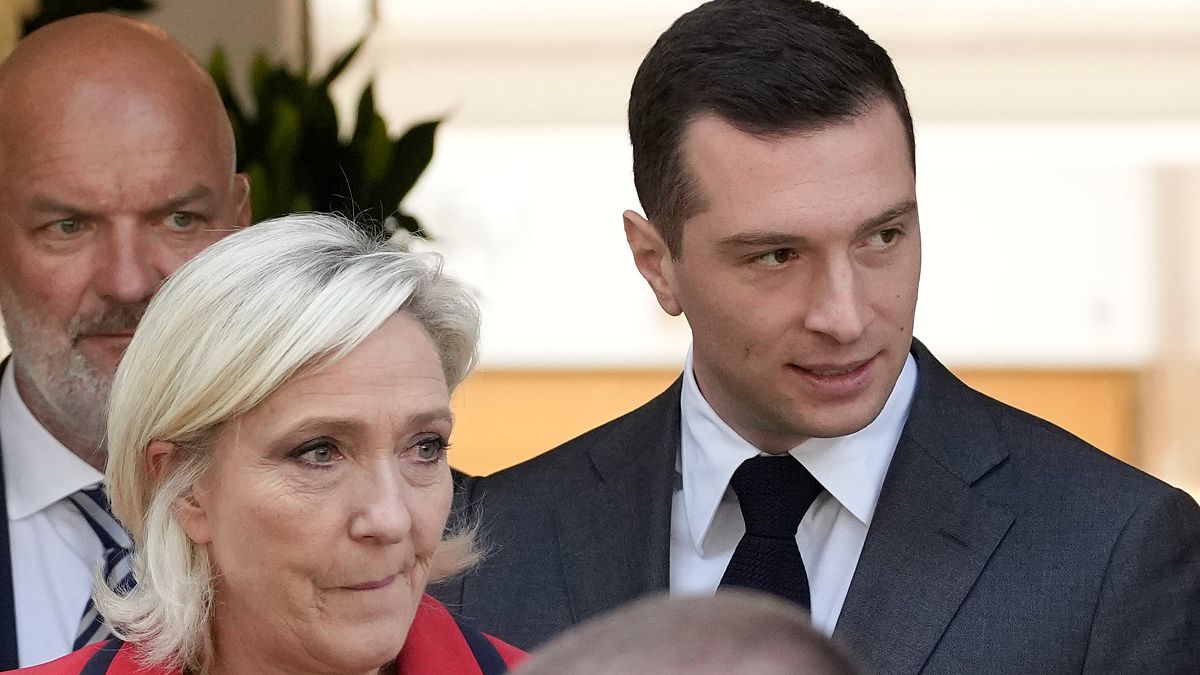French voters are heading to the polls to elect the 577 members of the National Assembly, in an election that comes against the backdrop of growing support for the far-right and the decreasing popularity of centrist President Emmanuel Macron. Macron called for snap elections on 9 June after his coalition suffered a defeat in the European Parliament elections, with Marine Le Pen’s National Rally receiving over 31% of the vote, more than double what Macron’s coalition received. The results of this election will play a crucial role in determining the future direction of French politics, as only the most successful candidates in each constituency will move on to the final round next week. It will also provide insight into the public mood and which party may have the opportunity to appoint a Prime Minister and form a government.
In the last European Parliament elections, Marine Le Pen’s National Rally emerged as the clear winner, receiving over 31% of the vote which was more than twice the amount received by Macron’s coalition. This defeat prompted Macron to call for snap elections, dissolving the National Assembly and signaling a potential shift in French politics. The results of the current election will be crucial in determining the political landscape in France, as only the most successful candidates in each constituency will move on to the final round next week. This election will also provide an early indication of which party may have the opportunity to appoint a Prime Minister and form a government based on the public mood expressed through the votes cast.
The National Assembly, which was last constituted in 2022, is normally elected for a period of five years. However, Macron’s decision to call for snap elections following the defeat in the European Parliament elections has created a sense of uncertainty and anticipation regarding the outcome of the current election. The final result may differ significantly from the initial round of voting, as seen in the case of the 2022 elections where Macron initially received just over 25% of the vote in the first round but ended up with 42% of the seats after the final round. The outcome of today’s election will help thin out the field and provide a clearer picture of the public mood and political preferences of the French electorate.
The results of the current election will provide valuable insights into the changing dynamics of French politics, with the potential for a shift in power and the emergence of new political alliances. The increasing popularity of the far-right and the declining support for Macron’s centrist policies have created a sense of uncertainty and anticipation regarding the outcome of the election. The final result will determine which candidates will proceed to the final round next week and which party may have the chance to appoint a Prime Minister and form a government. The outcome of the election will have far-reaching implications for the future direction of French politics and the broader implications for the European political landscape.
Overall, the dissolution of the National Assembly and the subsequent snap elections called by Macron have set the stage for a highly anticipated and closely watched election in France. The results of the current election will provide valuable insights into the changing political landscape and the preferences of the French electorate. The growing support for the far-right and the declining popularity of Macron’s centrist policies have added to the uncertainty surrounding the outcome of the election. As the votes are cast and the results are revealed, the future direction of French politics will become clearer, with the potential for a shift in power and the emergence of new political alliances. Stay tuned for updates on the outcome of the election and its implications for the future of French politics.











